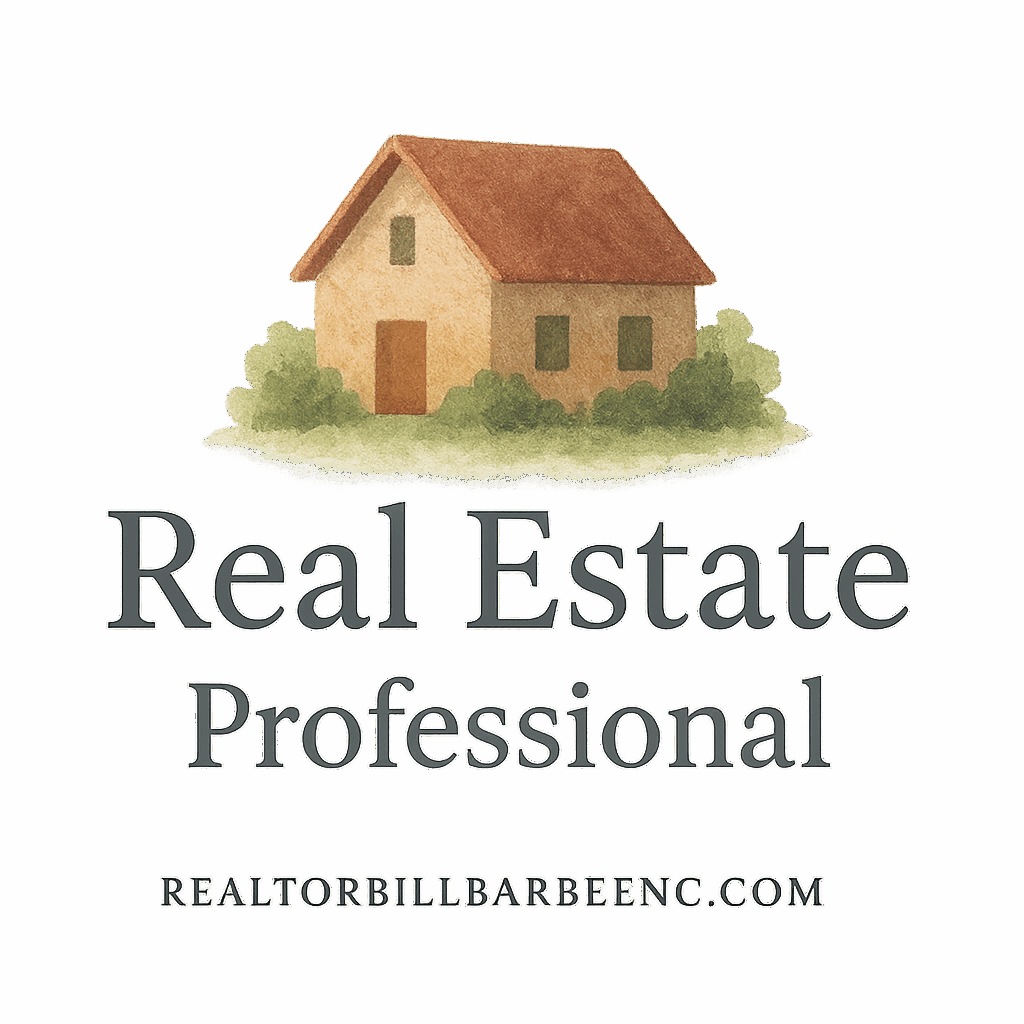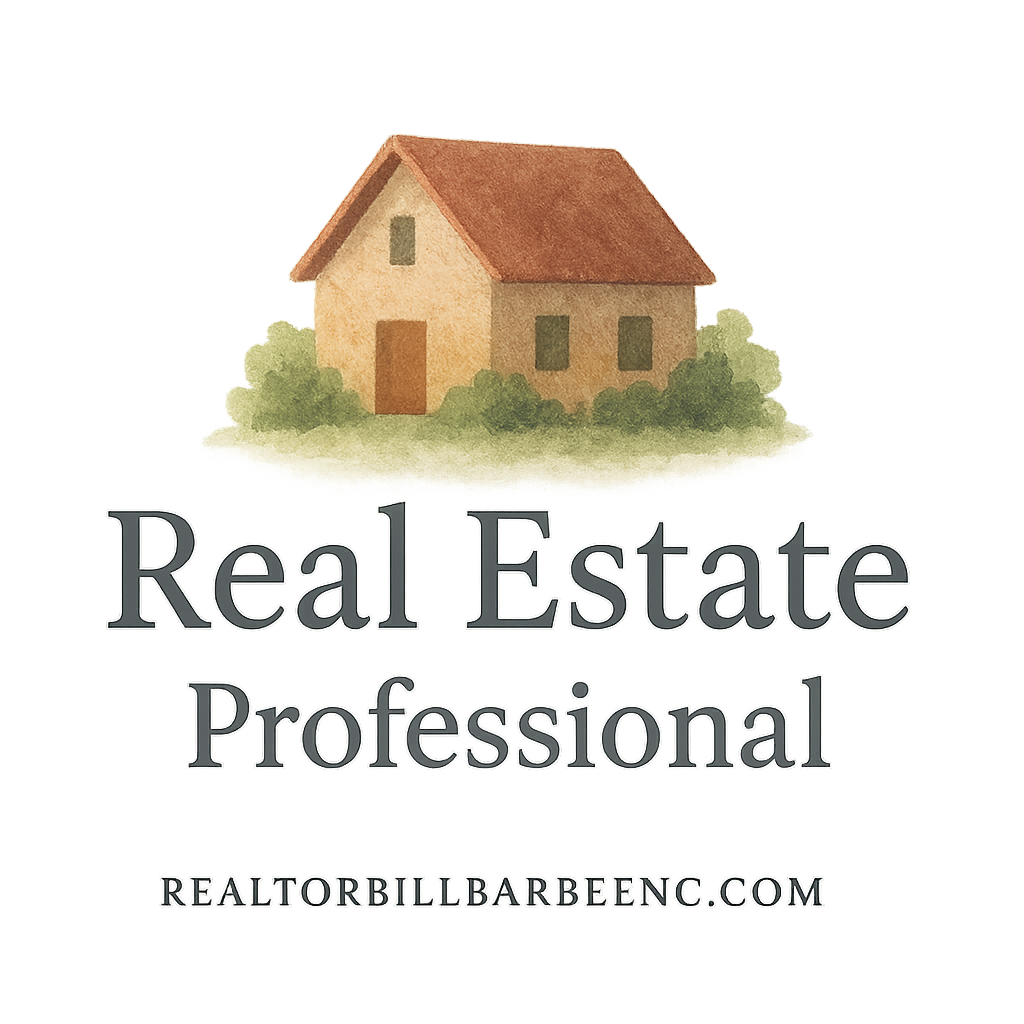Introduction
There’s something magical about stepping into a neighborhood that whispers stories from centuries past. In North Carolina, historic districts offer more than charm—they provide an investment opportunity wrapped in character. From cobblestone streets to porch-fronted homes oozing with personality, historic real estate in NC is a treasure trove for those seeking something beyond cookie-cutter properties.
If you’re ready to explore rare finds, browse through NC Neighborhoods and start planning your journey into history.
Why Historic Districts Are Real Estate Gold
Historic homes tend to appreciate well, especially in walkable neighborhoods with rich architectural variety. These properties often come with tax incentives, loyal communities, and a sense of pride that’s hard to replicate. Plus, let’s be honest—nothing beats the charm of an original 19th-century hardwood floor.
Need more insights before you commit? Visit our Real Estate Market Insights section for trends and forecasts.
1. Oakwood Historic District – Raleigh’s Victorian Legacy
Queen Anne Charm and Brick-Lined Streets
Tucked just north of downtown Raleigh, Historic Oakwood is a picturesque district lined with restored Queen Anne, Colonial Revival, and bungalow-style homes. The streets bloom with azaleas in spring and are full of character year-round.
Real Estate Highlights and Buyer Tips
Expect steep competition here—Oakwood homes are in high demand. Buyers are drawn to its tree-lined streets, walking proximity to downtown, and strong sense of community.
Check out Tips for Buyers for navigating unique properties like these.
2. Dilworth – Charlotte’s First Streetcar Suburb
Craftsman Homes and Front Porch Culture
Dilworth exudes Southern hospitality. Its wide sidewalks, inviting porches, and Craftsman bungalows make it one of Charlotte’s most sought-after spots.
What Makes Dilworth Real Estate So Desirable
You’re minutes from Uptown but nestled in serenity. Real estate here isn’t just about architecture—it’s about lifestyle. Find more on the Charlotte Real Estate Scene and discover what makes Dilworth shine.
3. Old Salem – Winston-Salem’s Living History
Moravian Roots and Authentic Architecture
Old Salem isn’t just a historic district—it’s a living museum. Cobblestone paths lead to restored homes, workshops, and churches that reflect its deep Moravian roots.
Investing in Old Salem’s Historic Homes
Owning property here means preserving heritage. Some homes are protected under preservation laws, but the reward is a one-of-a-kind living experience.
Explore Agent Resources if you’re helping a buyer navigate this unique market.

4. Historic Downtown Wilmington – Coastal Elegance
Riverfront Views and Colonial Styles
Imagine waking up to views of the Cape Fear River and walking through cobbled alleys steeped in Revolutionary War history. Downtown Wilmington is full of Georgian, Federal, and Greek Revival homes.
Why Buyers Flock to Wilmington’s History-Rich Core
Besides charm, you get access to trendy shops, waterfront dining, and a strong rental market. Vacation home? Retirement plan? You choose.
Planning to sell your coastal gem? Use these Home Selling Strategies to boost your success.
5. Montford Historic District – Asheville’s Architectural Gem
Arts and Crafts Movement Influence
This district boasts homes with wide eaves, decorative woodwork, and lush gardens. It’s not just a feast for the eyes—it’s also one of the most artistic, vibrant communities in the state.
Real Estate Appeal in the Heart of Asheville
Close to downtown but worlds away in aesthetic, Montford attracts creative souls, history buffs, and investors alike.
Love finding Hidden Gems? Montford is one you won’t want to miss.
Living in a Historic Home: What to Know
Preservation Rules and Renovation Tips
Most historic districts require that exterior changes be reviewed by local preservation commissions. If you’re thinking of updates, factor in time, cost, and permits.
Balancing Charm with Modern Convenience
Updating wiring, plumbing, and HVAC can be tricky—but it’s worth it. Learn from others’ experiences by reviewing what Mistakes to Avoid when upgrading old homes.
Tips for Buying Real Estate in NC’s Historic Districts
- Get a specialized home inspector familiar with older properties.
- Budget for ongoing maintenance—historic homes require more TLC.
- Work with an agent who understands the NC real estate landscape.
- Explore different neighborhoods to compare values and vibes.
- Watch for upcoming 2025 predictions to see which districts are gaining traction.
Common Mistakes to Avoid in Historic Property Investment
- Ignoring preservation guidelines (this can cost you!)
- Underestimating renovation costs
- Over-improving for the neighborhood
- Forgetting to factor in insurance premiums
Want to stay productive while managing a renovation? Dive into Time Management Tips to stay sane.
Conclusion
Owning real estate in a North Carolina historic district is more than a lifestyle—it’s a legacy. These homes aren’t just investments; they’re opportunities to preserve and live within the rich tapestry of Southern history. Whether you’re drawn to Victorian grandeur or coastal colonial charm, NC has something timeless waiting for you.
Still unsure where to start? Visit RealtorBillBarbeenc.com for expert guidance and deep dives into every district that matters.
FAQs
1. Are historic homes harder to insure?
Yes, they can be, especially if they have original materials or lack modern upgrades. Shop around for insurers who specialize in historic properties.
2. Can I modernize the interior of a historic home?
Usually yes, but some restrictions may apply to visible areas. Check with local preservation boards first.
3. Are there grants or tax incentives for historic home renovations?
Yes! Many districts offer state and federal tax credits to help cover preservation costs.
4. Do historic homes hold value?
Often, yes. Their uniqueness, location, and craftsmanship tend to help them appreciate well—especially in NC’s growing markets.
5. How do I know if a home is in a historic district?
Ask your real estate agent or check your city’s historic district maps online.
6. What’s the biggest risk with buying in a historic area?
Renovation limitations and hidden maintenance costs. Always do a deep inspection.
7. Where can I get expert help buying or selling historic real estate?
Check out our Agent Resources and browse listings at RealtorBillBarbeenc.com to connect with local pros.


